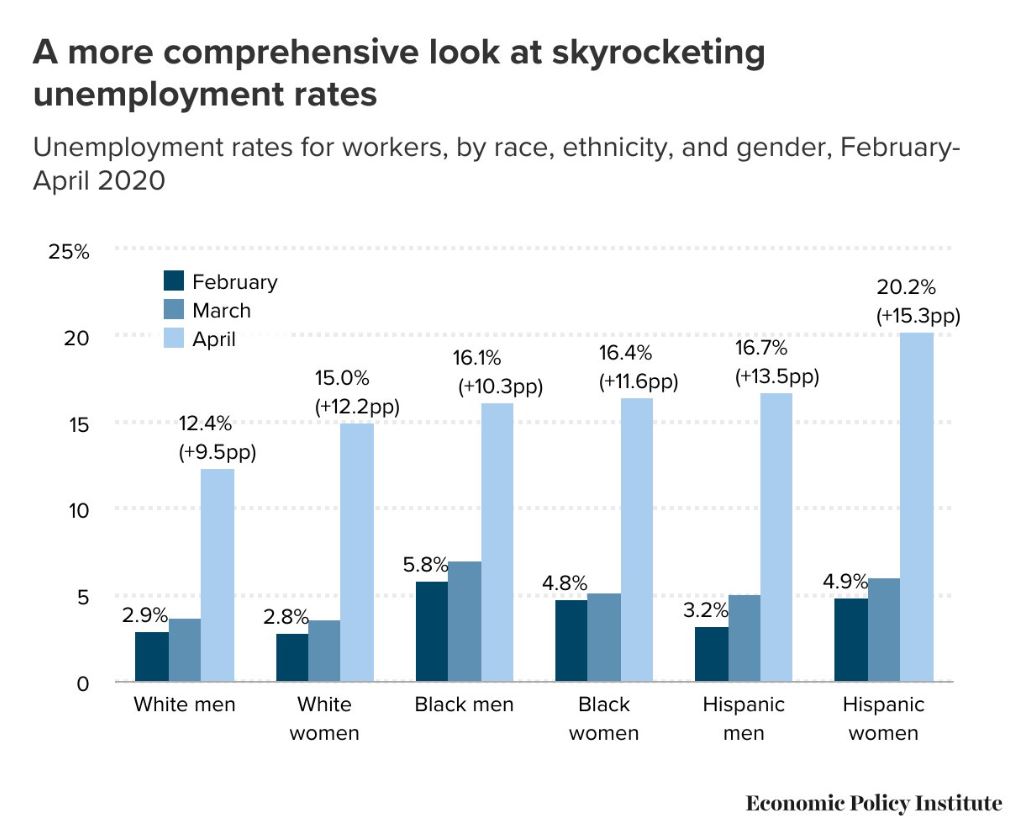Today's LFS report was a masterpiece of clarity.
www150.statcan.gc.ca/n1/daily-quoti…
1/n
2/n
www150.statcan.gc.ca/n1/pub/11-402-…
Most impacted (using an experimental methodology, kudos @StatCan_eng): South Asian and Chinese Canadians.
3/n
3a/n

4/n
Hard to sum up. Read here
www150.statcan.gc.ca/n1/daily-quoti…
5/n
6/n
Now people aged 15-69.
This is a good development, I think?
7/n
so, my bad, it's not a new LFS metric.
8/n
Women harder hit in every group, whether accounting for race or not.
Women not recovering jobs/hours of paid work as fast as men.
And that leads to the last point of my summary.
9/n
This summarizes the number of people unemployed, out of work but not looking for work, and people working less than half their usual hours due to COVID-19.
10/n
[We should have measured this a long time ago, and should adapt it post-COVID, because of population aging labour pressures.]
11/n
Now it's under a quarter (22.4%), 22.9% among women, 22% among men.
12/n
13/n
Just because people return to work now doesn't mean it's all a process of recovery, slow or not.
There may be relapses of rising unemployment.
14/n
This week we learned over 50% of licensed childcare centres may not reopen in Ontario, and among the ones that do, let's hope none operate at the same capacity they did before.
15/n
16/n
1) were unemployed, have a job offer, but can't take it because of lack of available childcare.
2) were employed, working from home, but can't continue because of lack of childcare/safe school reopening.
17/n
This could get worse, not better.
Why should we care?
18/n
2. Everyone wants to get over Covid19 impact asap
3. There is no mathematical way to "recover" GDP without jobs/employment level recovery (restore household income to restore household spending, the #1 driver of GDP).
19/n
There is no recovery without she-covery.
There is no she-covery without childcare.
In fact, expect a deeper, more prolonged she-cession/recession without childcare.
Let's not do this to ourselves.
Will closely watch Sept 4 @StatCan_eng LFS report.
~fin



